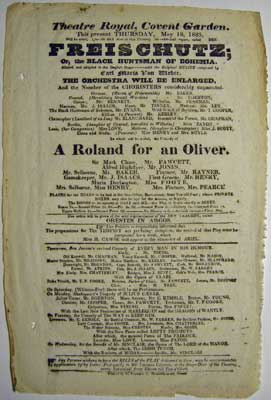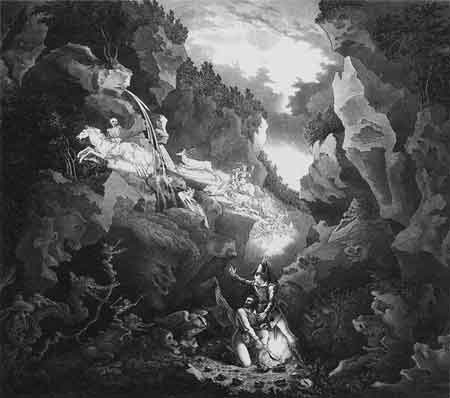Since 1763 the name 'Russborough' has been synonymous with collecting and dealing in fine art. In the closing decades of the last century the historic town of Port Hope has become home to Lord Russborough's Annex, which specialises in an individual mix of antique maps, paintings and prints.
While Lord Russborough's Annex features a great many works of museum calibre, we also offer a wonderful selection of prints priced at under $100.

An extract of our Music items currently available:
Der Freischutz 1825 performance hand bill
The Musical Entertainer 1737
Love From The Heart, or Yes, I will leave my Father’s halls, Ca. 1840
Wellington's Funeral March
Collectable sheet Music 1 2 3 4
Portraits of Composers
|
|||
|
|||




